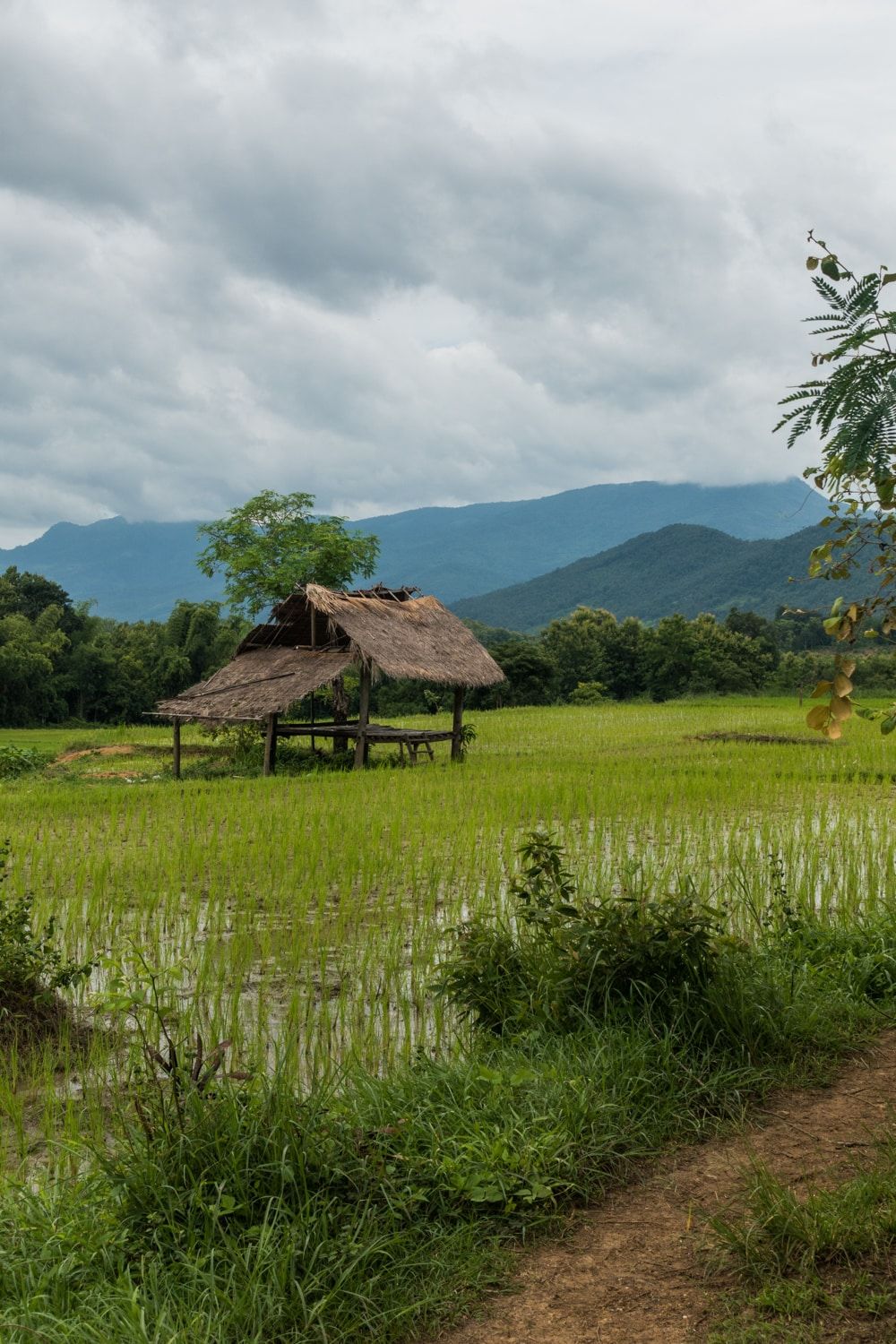
The Quantum Threshold: From Mass Population to Collective Consciousness Under Areaism
Humanity has reached an unprecedented milestone: a global population exceeding eight billion people. This paper argues that this historic quantity represents a potential quantum threshold, a point at which a phase transition in collective consciousness is not only possible but necessary.
The Quantum Threshold: From Mass Population to Collective Consciousness Under Areaism
Abstract
Humanity has reached an unprecedented milestone: a global population exceeding eight billion people. This paper argues that this historic quantity represents a potential quantum threshold, a point at which a phase transition in collective consciousness is not only possible but necessary. We posit that the dominant global paradigm of Sectoralism, as detailed in "The Psychology of Sectoralism," has shaped the psyche of this mass population through fear, resulting in widespread anxiety, fragmentation, and ecological crisis. This paper contrasts this reality with the latent potential of eight billion interconnected minds. Drawing parallels with quantum mechanics and complex systems, we frame this population as a vast field of potential that is currently being "observed" and collapsed into negative outcomes by a flawed system. We conclude that Areaism, with its focus on the "Centrality of Human Feelings" and the principles of consensual governance, offers a new mode of observation—a methodology for elevating the qualitative state of this population, thereby unlocking its immense potential for emergent, collective intelligence and sustainable flourishing.
1. Introduction: The Paradox of Unprecedented Quantity
For the first time in history, the human family numbers over eight billion. This staggering quantity is a testament to our species' adaptability and ingenuity. Yet, it is also the source of our most profound anxieties: resource scarcity, climate change, and social friction. We are confronted with a paradox: our greatest collective achievement—our sheer number—is perceived as our most significant threat.
This paper argues that the challenge is not the quantity itself, but the quality of the consciousness that animates it. The global system that has organized human activity to this point, Sectoralism, has inadvertently cultivated a low-quality psychological field. Drawing upon our previous work, this paper will explore how humanity's current state is a predictable outcome of a fear-based system and how the principles of Areaism provide the necessary tools to catalyze a phase transition from a mass of competing individuals into a coherent, collective intelligence.
2. The Global Psyche: 8 Billion People Conditioned by Fear
In "The Psychology of Sectoralism," we described how top-down, profit-driven systems create "deflated" and "steeled" psyches in individuals. Now, we must scale this diagnosis to the planetary level. The logic of Sectoralism—competition over collaboration, scarcity over abundance, control over trust—has become the background operating system for global civilization.
The result is a global psyche characterized by:
We are eight billion individuals, but a significant portion are operating from a state of conditioned fear. This low-coherence state makes collective wisdom and rational long-term planning statistically improbable, leading to the predictable crises we now face.
3. The Quantum Potential of a Connected Planet
The analogy to quantum mechanics and AI, introduced in "The Physics of Flourishing," becomes profoundly relevant at this scale. If a Biodistrict of 230,000 people represents a powerful local neural network, then a global population of eight billion represents a biological computer of unimaginable capacity.
The tragedy of our time is not our number, but that we are using a primitive and destructive tool to measure a system of infinite potential.
4. Areaism: A New Observer for a New Era
To change the outcome, we must change the observer. This is the ultimate promise of Areaism. It is not a monolithic, top-down replacement for Sectoralism, but a decentralized, fractal strategy for changing the nature of observation at the human scale, where life is actually lived.
Areaism, as a practical ideology, introduces a new set of measurement tools grounded in the work of thinkers like Sixto K. Roxas and Elinor Ostrom:
If Sectoralism is a rigid, fear-based observer, Areaism is a conscious, compassionate one. It is a system designed to find and amplify coherence, trust, and creativity.
5. Conclusion: Catalyzing the Phase Transition
Humanity is not doomed by its numbers. We are poised at a quantum threshold. The sheer density of our interconnectedness has created the potential for a global phase transition, a leap from a state of chaotic, competing particles to a coherent, intelligent collective consciousness.
This leap will not be triggered by a single global policy, but by the proliferation of a new way of being and organizing at the local level. As more communities adopt the principles of Areaism—healing the individual psyche, practicing consensual governance, and focusing on holistic well-being—they create islands of high coherence. When these islands connect, they can trigger a cascade, a global shift in the very field of human consciousness. The choice before us is clear: to continue observing ourselves through the lens of fear, or to adopt the lens of compassion and wisdom, and finally manifest the extraordinary potential of our eight billion minds.
About Philip Camara
Philip Camara is the founder of the Institute of Area Management and a leading advocate for sustainable community development through the principles of Areaism. His work focuses on transforming how communities organize themselves for collective well-being and ecological resilience.


